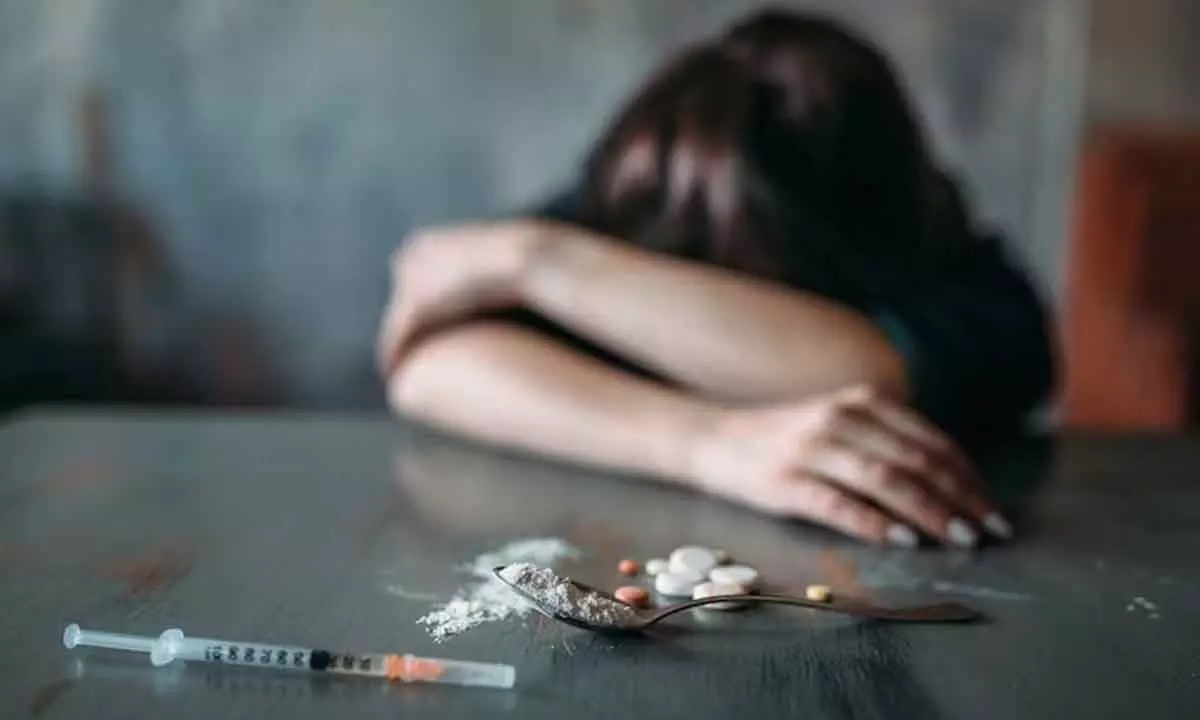Drug abuse is a growing concern among students

- By providing comprehensive drug education, we can shatter the illusions and misconceptions surrounding substance abuse
- Addressing the issue of drug abuse in schools requires a collaborative approach involving students, parents, and teachers
Drug abuse among students is a growing concern that demands immediate attention within our schools. In India, where 1.58 crore children aged between 10 and 17 years are addicted to substances, prioritizing prevention, awareness, and support to combat drug abuse is a necessity.
Firstly, students deserve the truth about drugs—their harrowing consequences and the irreversible damage they inflict on lives. By providing comprehensive drug education, we can shatter the illusions and misconceptions surrounding substance abuse. Attempting to coddle or shield them from an unavoidable reality is far more dangerous than arming them with knowledge and resources—just as dangerous as prevention programs rooted in scare tactics. Instead, schools and parents alike should focus on enlightening students about the consequences of drug abuse. It is only through this collective effort that we can build an unbreakable wall against the storm of drugs.
While prevention is an important factor, it is also impossible to ignore the fact that students are already fighting battles against addiction. For them, readily available counselling services or communities provide more than a non-judgmental and compassionate community—they could be a lifeline. The Ministry of Social Justice and Empowerment has established a drug de-addiction helpline number (1800-11-0031), and as of 2018 conducted 247 awareness programs regarding substance abuse in various educational institutes. By treating addiction as a health issue rather than a stigmatized secret, we can break down the barriers that prevent students from seeking help and lead them towards a path of healing.
Addressing the issue of drug abuse in schools requires a collaborative approach involving students, parents, and teachers. By fostering empathy and understanding, destigmatizing addiction, and providing knowledge among the community, we can create a generation that rises above the pitfalls of drugs. Moreover, implementing peer support programs within schools can empower students to become agents of change by promoting healthy choices and providing support to their peers who may be struggling with substance abuse. Additionally, engaging with local communities, healthcare professionals, and NGOs can expand the network of support and resources available to students in need.
By prioritizing prevention, awareness, support, and a multidimensional approach, we can combat the growing menace of drug abuse among students. Through collective action and a commitment to fostering a drug-free environment, we can safeguard the well-being and future of our students, empowering them to lead healthy and fulfilling lives.








